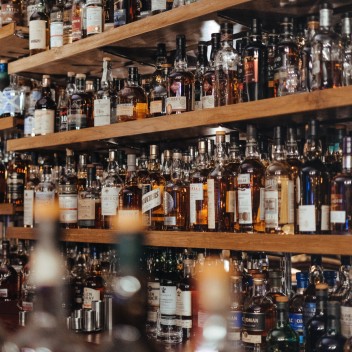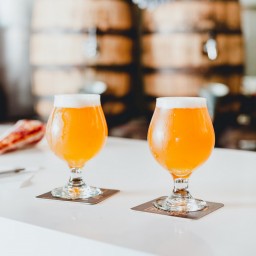Especially when it comes to wine, geographical origin can have a significant impact on a product’s value, reflecting quality, brand image, authenticity and other properties. The water oxygen isotope signature in musts and wines profoundly reflects the geographic origin and the source area’s climatic conditions. Furthermore, combined with the hydrogen isotope ratio, the geographic signature of the local water is imprinted into wine’s water isotopic composition. Traditionally, the above parameters are considered the most significant indicators of the grapes’ source area.
To achieve high geographical resolution and credible results, we use our global database, as well as our expertise and know-how to provide advanced customized origin testing by including more parameters such as carbon isotope composition of the ethanol, related to the wine type, grape variety, vintage year etc.




